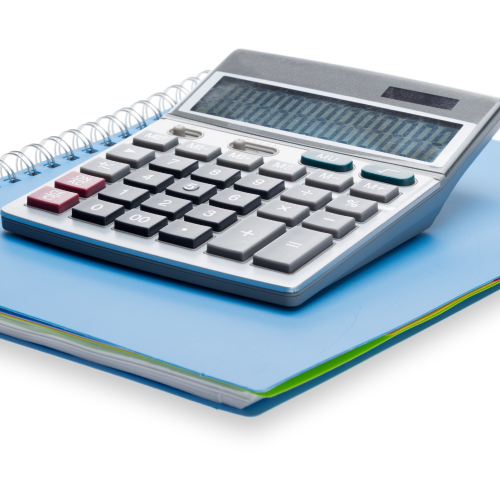Last updated: September 14 2022
Three New Government Benefit Programs Start in 2022

The Federal government announced three new refundable benefit programs on September 13, which will put extra money in the pockets of individuals and families.
All of them will depend on a calculation of net family income, and so underscore how important filing an annual tax return is. Contributing to an RRSP can maximize the opportunities. So will keeping dental receipts for kids’ treatments starting October 1.
The three benefits are:
1. A Doubling of the GST/HST Tax Credit. Canadians who filed a 2021 tax return and were eligible for the GST/HST Tax Credit will receive a one-time payment before the end of the year, pending the passage of proposed legislation with Royal Asset. The amount received will be double the amounts normally received in 6 months (2 quarterly payments) and will cost a total of $2.5 Billion. Maximum eligible amounts for the 2022-2023 benefit year are:
- $467 for singles without children; the extra payment would be $233.50
- $612 for married or common-law partners; or single parents; the extra payment would be $306
- $161 for each child under the age of 19; the extra payment would be $80.50
2. Housing Assistance for Low Income Renters. A one-time tax free payment of $500 under the Canada Housing Benefit, introduced in the April 2022 budget, will help families whose net income is under $35,000 and singles with net income under $20,000. The budget estimated costs at $435 million; but with this payment going to 1.8 million people, including students who pay rent, the actual cost will be $1.2 Billion.
To qualify for the top-up, an application form to attest to the renter's age, income, residency and address of rental property is required. In addition:
- Tax filers must pay at least 30% of adjusted net income on shelter costs.
- Rental payments must be for their own primary residence in Canada.
- Address of the property and landlord’s contact information is required.
The federal Canada Housing Benefit works in collaboration with the provinces to assist people on subsidized housing and so is not usually available to the general public. This top-up payment will not affect other government programming based on net income such as:
- The Canada Workers Benefit
- Canada Child Benefit
- Goods and Services Tax Credit
- Guaranteed Income Supplement
3. Canada Dental Benefit. Under a plan that will cost $5.3 Billion over 5 years (just under a billion this year), families with kids under 12 will qualify for an up-front tax-free payment for dental work in 2022, depending on their income level. The amounts paid must be justified with receipts and the eligibility criteria is as follows:
- The family has no private health care plan
- There are out-of-pocket dental costs backed up by receipts
- Qualifying amounts paid are retroactive to October 1, 2022
- Family income must be under $90,000 and the amounts payable are:
- Family net income under $70,000 = $650
- Family net income between $70,000 and $79,999 = $390
- Family net income between $80,000 and $90,000 = $260
As with the Canada Housing Benefit, the Canada Dental Benefit will not affect other income-tested programs such as the
- The Canada Workers Benefit
- Canada Child Benefit
- Goods and Services Tax Credit

Bottom Line: If you are a tax, accounting or financial advisor, be proactive about contacting your clients now to file missed 2021 tax returns immediately and, in the case of dental expenditures for children, keep receipts for expenses starting on October 1.
From a financial planning point of view, maximizing RRSP contributions will reduce family net income, which can, in turn, increase benefits like these should they arise in the future.
Evelyn Jacks is Founder and President of Knowledge Bureau, holds the RWM™, MFA ™, MFA-P™ and DFA-Tax Services Specialist designations and is the best-selling author of 55 books on tax filing, planning and family wealth management. Follow her on twitter @evelynjacks.
Additional Educational Resources: Check out vocational skills courses leading to certification and designation at www.knowledgebureau.com or the new Continuing Education Division for short CE (continuing education) courses on a variety of critical topics in tax, financial and business.
Also, embellish your online learning with Knowledge Bureau’s outstanding faculty in tax, accounting, financial and economic education at the Sept 21 CE Summit and the October 16-18 Distinguished Advisor Conference.
These programs and other pertinent tax changes will be covered at the September 21 CE Summit, and in the new online certificate course: Audit Defence for Small Business Owners.
